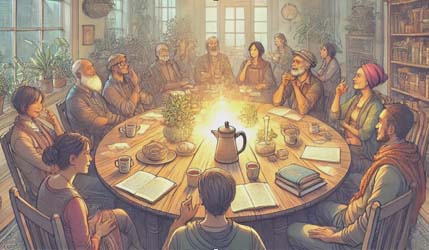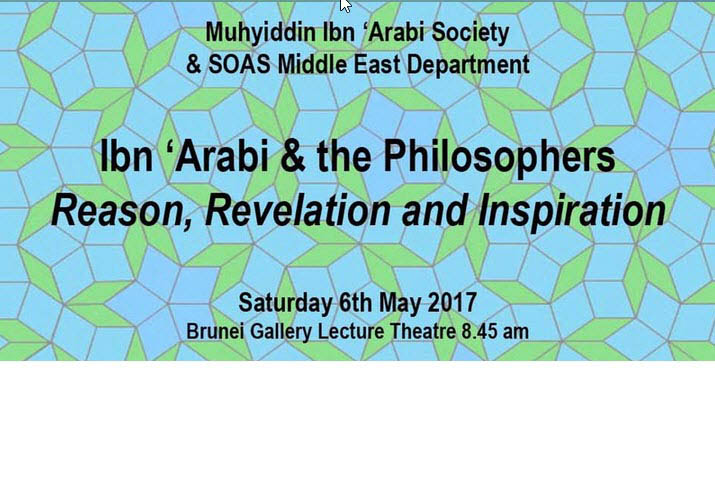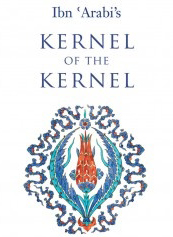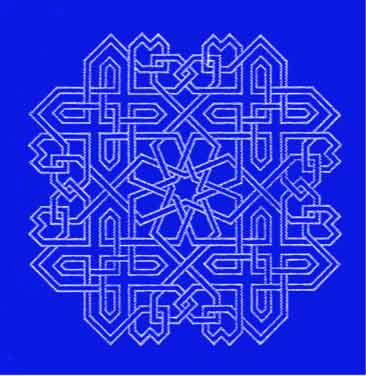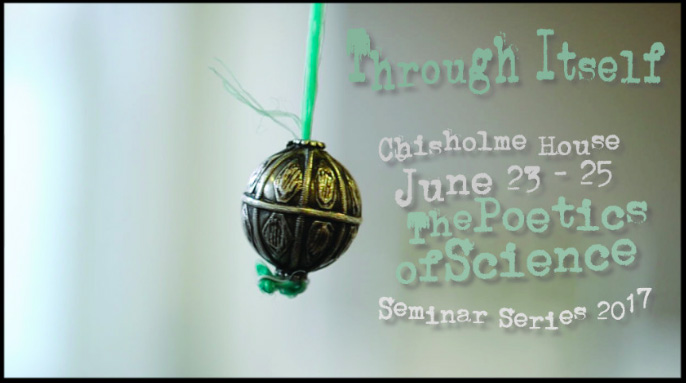‘Truth is One but the wise speak of it differently’
(Rig Veda)
7th September, 2022 – 31st May, 2023
5 x 5 modules over three terms.
Wednesday evenings from 7-8.30pm GMT/BST
This course will introduce participants to four major traditions of human wisdom – the philosophies of ancient Greece and India, Christian wisdom and Islamic Mysticism. Students will have the opportunity to explore how these traditions might converse with one another and consider what light they have to shed on the issues the world faces today.
Course Description and Syllabus
Rationale and Course Objectives
We live at a very promising point in time. For the first time in history we can lay claim to all the great wisdom traditions of the world as our own. We marry, live next to, travel and have friendships with people from different cultures and religions and have access to them all at close hand. These traditions are undeniably part of our lives. At the same time human beings are facing unprecedented challenges on a global scale.
The course objectives are:
- to give participants an introduction to four major traditions of human wisdom
- to develop a learning community
- to explore how these traditions might converse with one another
- to consider what light these wisdoms have to shed on the issues the world faces today
Course Structure and Timetable
The course is divided into 5 weekly modules of 5 or 6 weeks each between September 2022 and May 2023:
- Ancient Greek philosophy: 5 weeks, 7th Sept. – 5th Oct. 2022
- Christian wisdom: 6 weeks, 2nd Nov. – 7th Dec. 2022
- Indian spirituality: 6 weeks, 11th Jan. – 15th Feb. 2023
- Islamic Mysticism: 6 weeks, 8th March – 12th April 2023
- Contemporary issues: 5 weeks, 3rd – 31st May 2023 (may include a weekend residential for two of the sessions)
Course Content
(1) Ancient Greek philosophy from the Pre-Socratics to Aristotle. The theme of this module is the way wisdom was connected to living a good life, to the human soul and truth.
Week 1: Pre-socratics, Parmenides and Heraclitus: the alignment of ‘what is’ with truth
Week 2: Socrates and irony
Week 3: The death of Socrates and the life of philosophy
Week 4: Plato’s Symposium and the beauty of Eros giving the glue of reality
Week 5: Aristotle on living the meaningful life of eudaimonia
(2) Some aspects of wisdom within the Christian tradition
Week 1: The foundation
~ Wisdom in the teaching of Jesus
~ Jesus as the embodied wisdom of God in John’s gospel
Week 2: Confronting one’s demons: the wisdom of the mothers and fathers of the desert
Week 3: The eternal freshness of the world: the wisdom of Hildegard of Bingen
Week 4: Thomas Aquinas and the vision of God
Week 5: Meister Eckhart, the man from whom God hid nothing
(3) Introduction to Indian spirituality
Week 1: The message of the Upanishads (jnana yoga – of spiritual knowledge)
Week 2: The Yoga Sutras of Patanjali (raja yoga – of meditation) – yoga as samadhi
Week 3: Yoga Sutras cont. – the obstacles that cause suffering and the eight fold path
Week 4: Bhagavad Gita (karma yoga – of selfless service)
Week 5: Bhagavad Gita cont. (bhakti yoga – of devotion to God)
(4) Islamic mysticism
Based on the metaphysics of Ibn ʿArabī (1165–1240)
Week 1: The principle of unity
Week 2: Creation and the cosmos
Week 3: The human being
Week 4: The non-human realms (minerals, plants and animals)
Week 5: The spiritual path / return
(5) Contemporary issues
Whereas the first 4 modules are text-based, this particular module may also use a wider variety of materials e.g. films, interviews, conference presentations. We aim to choose topics of current interest at the time. These are some examples:
Week 1: Modern science and the understanding of consciousness
Week 2: Ecology and climate change
Week 3: Social justice
Week 4: Health (mental and physical) and wellbeing
Week 5: Modern poetry and contemporary expressions of the ideas we have been studying
Tutors
KEITH HAMMOND is a retired academic who lectured in philosophy for over 20 years in the University of Glasgow. For the last ten years of his career he also taught in the Islamic University of Gaza, Birzeit and Bethlehem Universities and several other universities across the Middle East. His enduring interest has always been in Ancient Greek thought and modernity, where the former can be approached as an aid to modern problems.
ELIZABETH ROBERTS studied English at Oxford, Philosophical Inquiry at Glasgow University and gained an education in the principles and practice of spirituality through the Beshara School. After a career spent in education she now teaches and practices yoga and ayurveda in the Scottish Borders, and is currently Philosophy Tutor on the Yoga Scotland teacher training course. She was Chairman of the Beshara Trust from 2008-2014.
DR JIM GRIFFIN is a psychotherapist until recently living in the Scottish Borders, now living in Malvern. He has a PhD in comparative philosophy (Christian and Confucian) and taught for a while at university level. He teaches meditation and does some writing. The dialogue between religions in contemporary culture has been his abiding interest.
JANE CLARK MA (Islamic Mysticism) is a Senior Research Fellow of the Muhyiddin Ibn ’Arabi Society. She has a Masters degree in Medieval Arabic Philosophy from the University of Oxford, and has been studying, teaching and lecturing on the ideas of Ibn ’Arabi for more than thirty years. She is the Editor of the Beshara Magazine which aims to bring together traditional wisdom with contemporary thought.
Tuition & Timetable
Study of the modules will take place over three terms. Tuition will include an introductory presentation of each week’s material by the course tutor (this will be recorded so it can be viewed at any time) as preparation for live weekly discussion meetings on Wednesday evenings between 7pm and 8.30pm GMT/BST. Students will be sent reading material by the course tutor, who will also provide more extensive reading lists (online and in print) as a guide for anyone who wishes to go further.
Between modules there will be an additional session to review each module in the light of what has been studied so far.
Although this is being presented as an online course, there may be a possibility of a residential element towards the end.
Certificate of study
In order to receive a Certificate of Completion students will be required to produce one piece of work (essay, reflective diary or video presentation) of approximately 1000 words/10 mins for each module and to attend a minimum of 80% of live classes. The certificate will include all topics studied, hours spent and assignments completed and may be useful as non-accredited prior learning for other courses.
Booking & Fees
Cost: £449 for the 5 modules.
A deposit of £100 is required by 31st July 2022 in order to secure your place for the course, the remainder of the fee (£349) payable by 31st August 2022. Individual modules will only be offered if spaces are available, at £90 per module. Spaces on the course are limited so early booking is recommended.
Discretionary concessions for students are available on application to The Beshara Trust.
The course is open to students 16 years of age and over.
To request an application form please contact admin@beshara.org



